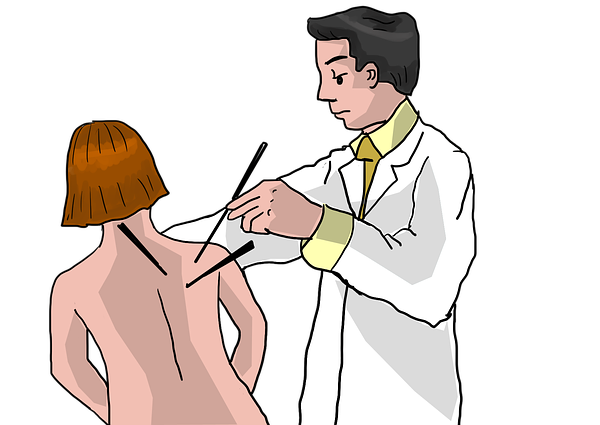Happiness is something that everyone strives for, yet it can often feel elusive. We may think that happiness is something that we can achieve once we have a certain job, relationship, or material possession, but the truth is that happiness is a state of mind that can be cultivated through certain practices.
In this article, we will explore the keys to unlocking the secret to happiness and how they can be implemented into our daily lives.
What is Happiness?
 Happiness can be defined as a state of well-being and contentment. It is important because it affects our mental and physical health, our relationships, and our overall quality of life. There are different types of happiness, including pleasure (such as enjoying a good meal or watching a movie), engagement (such as being fully absorbed in an activity), and meaning (such as feeling a sense of purpose or fulfillment).
Happiness can be defined as a state of well-being and contentment. It is important because it affects our mental and physical health, our relationships, and our overall quality of life. There are different types of happiness, including pleasure (such as enjoying a good meal or watching a movie), engagement (such as being fully absorbed in an activity), and meaning (such as feeling a sense of purpose or fulfillment).
Key #1: Gratitude
Gratitude is the practice of focusing on the good things in our lives and being thankful for them. It is important for happiness because it helps us shift our focus from what we lack to what we have. When we practice gratitude regularly, we begin to notice more positive things in our lives and feel more content with what we have.
Practicing gratitude can improve our lives in many ways. For example, it can improve our relationships by helping us appreciate the people in our lives more fully. It can also improve our mental health by reducing feelings of anxiety and depression. To practice gratitude, try keeping a gratitude journal where you write down three things you are thankful for each day.
Key #2: Self-Awareness
Self-awareness is the practice of understanding ourselves better, including our thoughts, feelings, and behaviors. It is important for happiness because it helps us identify what makes us happy and what doesn’t. When we are self-aware, we can make choices that align with our values and goals, which can lead to greater fulfillment.
To develop self-awareness, try journaling about your thoughts and feelings, or taking personality tests to better understand your strengths and weaknesses. You can also try mindfulness practices (discussed in the next section) to become more aware of your thoughts and emotions in the present moment.
Key #3: Mindfulness
Mindfulness is the practice of being fully present in the moment, without judgment. It is important for happiness because it helps us appreciate the small moments in life and reduces stress and anxiety. When we are mindful, we are able to fully engage with our surroundings and enjoy them more fully.
To practice mindfulness, try focusing on your breath for a few minutes each day, or engaging in activities that require your full attention (such as yoga or meditation). You can also try mindful eating, where you focus on the taste and texture of your food without distractions.
How to Implement the 3 Keys
To implement gratitude, self-awareness, and mindfulness into your life, try setting aside time each day to practice them. For example, you could spend 10 minutes each morning writing in a gratitude journal, or take a few minutes each day to focus on your breath. You could also try incorporating these practices into your daily routine (such as practicing mindfulness while washing dishes).
It’s important to remember that these practices take time and effort to develop. Don’t get discouraged if you don’t see immediate results – keep practicing and you will begin to notice changes over time.
The Benefits of Unlocking the Secret to Happiness
Unlocking the secret to happiness can have many benefits, including improved mental and physical health, better relationships, and increased productivity. When we are happy, we are more resilient in the face of challenges and better able to cope with stress.
Happiness also has a ripple effect – when we are happy, we are more likely to spread positivity to those around us. This can lead to stronger relationships and a more supportive community.
Unlocking the Secret to Happiness
In conclusion, the keys to unlocking the secret to happiness are gratitude, self-awareness, and mindfulness. By practicing these three keys regularly, we can cultivate a state of well-being and contentment that can improve our lives in many ways. Remember to be patient with yourself as you develop these practices – happiness is a journey, not a destination.











